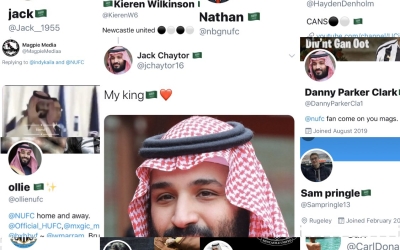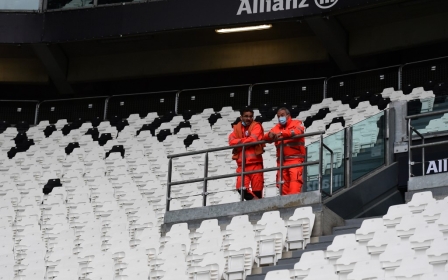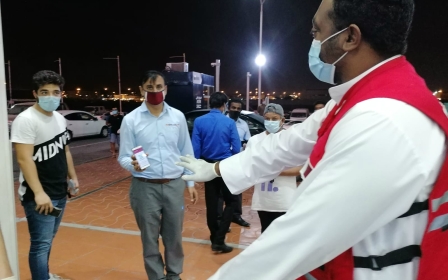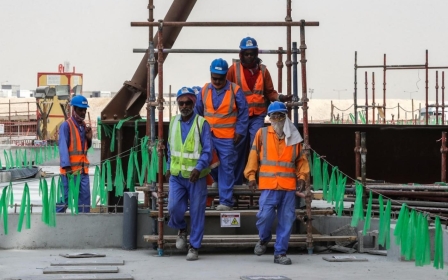Saudi backing for piracy of Qatar's beIn sports output slammed by WTO
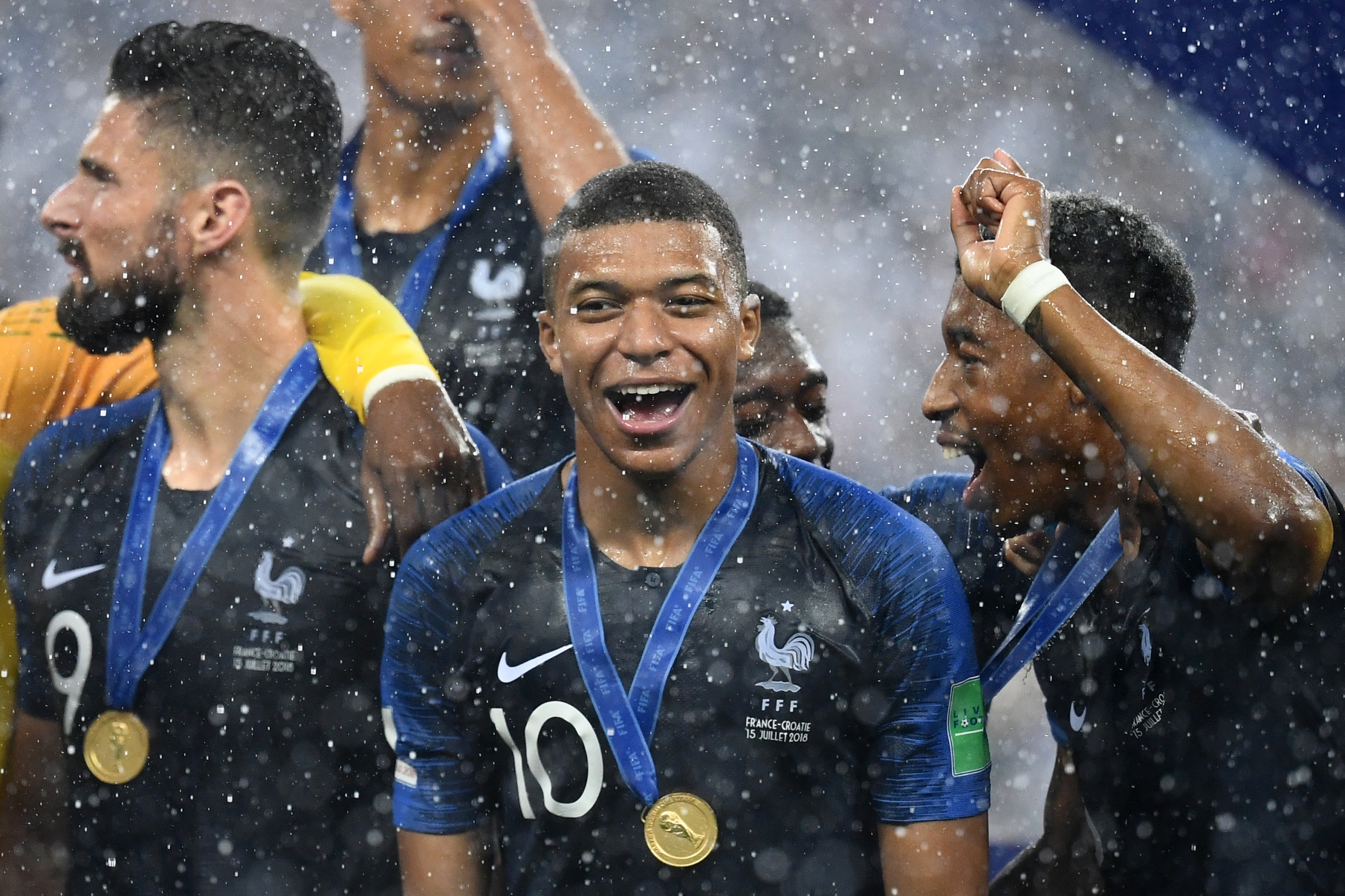
The World Trade Organisation has issued a damning indictment of Saudi Arabia's role in facilitating the transmission of pirated content from Qatari-owned sports network beIn Media Group, a decision which could have grave implications for the kingdom's prospective takeover of Newcastle United.
In a report released on Tuesday, a three-person WTO panel sided with Qatar in its claim that Saudi Arabia has been enabling the broadcast of exclusive beIn content through an unauthorised channel called beoutQ.
Saudi Arabia did not merely refuse to crack down on the pirated content network, top officials and "prominent Saudi nationals" promoted it, according to the report.
After Riyadh blocked beIn from broadcasting in the kingdom in 2017, following a regional blockade against Doha, Saudi officials spoke of an "alternative solution" to beIn. The Qatari-owned network has exclusive rights in the Middle East region over major football events, including the UEFA Champions League and the Fifa World Cup.
Tuesday's report included several tweets promoting beoutQ even before its inception, including one by Saud al-Qahtani, a top aide to Crown Prince Mohammed bin Salman.
"All of the tweets above foreshadow that a substitute for beIN's operations would enter the Saudi market, and some of the tweets support the establishment of a pirate channel, beoutQ, to circumvent beIN's exclusive licences from third-party right holders. Saudi Arabia did not contest the content of these tweets," the WTO panel said.
The panel sided with Riyadh in its right to deny beIn from acquiring legal counsel to file lawsuits in Saudi Arabia over its pirated content. The 2017 blockade bans all Qatari nationals from entering the kingdom.
But Saudi Arabia's proclaimed national security interests do not give the kingdom the right to allow pirated content to be freely shared in its territory, the WTO said.
"The panel concludes that the non-application of criminal procedures and penalties to beoutQ does not have any relationship to Saudi Arabia's policy of ending or preventing any form of interaction with Qatari nationals," the report said.
It added that Riyadh can crack down on beoutQ, while maintaining its policies against Doha.
"The panel is unable to discern any basis for concluding that the application of criminal procedures or penalties to beoutQ would require any entity in Saudi Arabia to engage in any form of interaction with beIN or any other Qatari national," it said.
'We take piracy very seriously'
Earlier this week, beIn cut more than 100 jobs citing disruption caused to sporting events by the coronavirus pandemic and "rampant piracy" of its content.
Qatar hailed Tuesday's ruling as a "resounding victory". Doha had filed the complaint at the WTO in 2018.
"Saudi Arabia has a strong record of protecting intellectual property and is committed to applying its national law and procedures in full conformity with WTO rules," Saudi Arabia's mission to the WTO said in a statement.
Tuesday's verdict, however, could reflect badly on Saudi Arabia's hopes to purchase Premier League club Newcastle United.
Around 80 percent of the $380m takeover is funded by Saudi Arabia's Public Investment Fund (PIF), which is headed by Crown Prince Mohammed bin Salman (MBS).
Campaigners, including the fiancee of slain Saudi journalist Jamal Khashoggi, have argued that due to MBS' involvement and the kingdom's notorious human rights abuses, Riyadh should be disqualified from buying-out the English Premier League side.
The deal is currently awaiting approval via the Premier League's owners' and directors' test, which looks into the background of prospective club owners.
Part of that involves analysing whether there has been any alleged involvement in criminality.
When asked about the potential impact the WTO ruling could have on the Magpies takeover, Premier League chief executive Richard Masters told Sky Sports: "As you know, we take piracy very seriously. We stand by what we said on the record in the past but as you know, as to do with anything to do with takeovers, I can't say anything about the substance or the timing."
Middle East Eye delivers independent and unrivalled coverage and analysis of the Middle East, North Africa and beyond. To learn more about republishing this content and the associated fees, please fill out this form. More about MEE can be found here.


